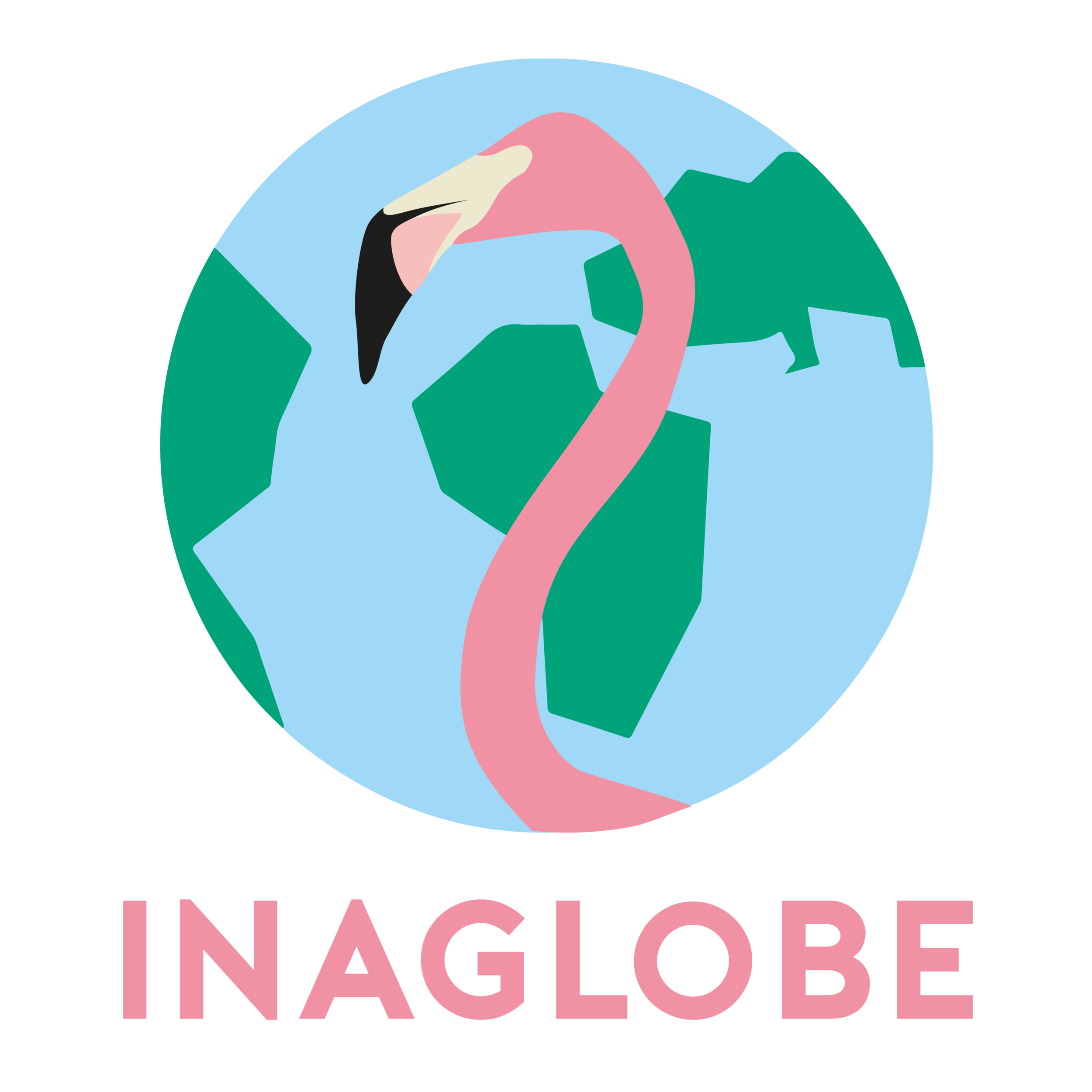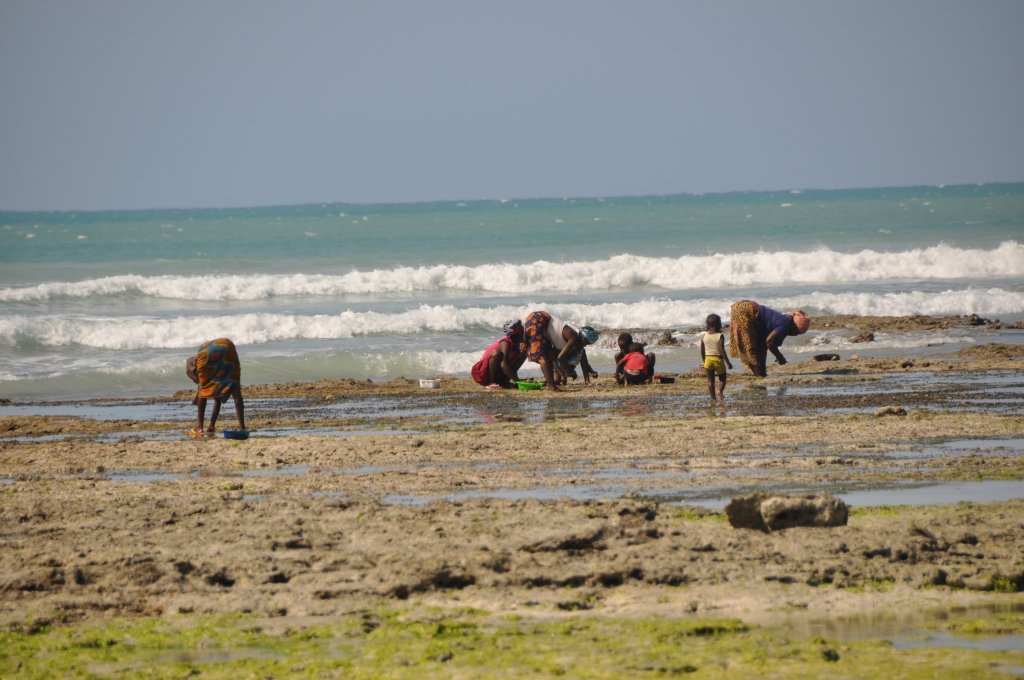Double-booked Taxi
We left Ilha de Moçambique at 4 A.M. on Monday, in a mesh of drowsiness and mild voracity (due to a lack of breakfast), and made our way to Namialo. We sat at a café and ordered a coffee, which turned out to not be opportune. In a moment of panic amidst a “lost-in-translation” situation. Coffee had to be left on the spot, paid in a second, whilst Alberto and Xavi sprinted off behind the “bus to Pemba”. Jaime made his way 50 metres behind, as he started sprinting, refusing a motorcycle hitch… just to see that Xavi and Alberto were now 200 metres ahead on motorcycles. Hard-headedly, Jaime continued running until the bus stop, where to everyone’s dismay, the bus was not to Pemba. Thus we waited there for 20 minutes until the actual bus came. The bus ride was a lot more pleasant than any chapa that had been taken before. For those travelling in the future to Mozambique, the bus is definitely the more comfortable option, despite the authenticity offered by chapas. We subsequently arrived in Pemba at 1 P.M., which gave us time to have lunch, go through the drama of changing sleeping situation several times and go for a visit to the beach before a dinner meeting that was scheduled with Ayuda En Acción (Spanish affiliate of ActionAid).
The Sleeping Situation was an interesting one, we had a choice between a wall-less dorm (with a complementary surprise) or a dusty tent. Initially, Alberto and Xavi were swayed by the dorms, which had nicer beds and mosquito nets; Jaime went for the tent, prioritising confinement to comfort. We then went to the beach to recharge a little after the 8-hours worth of travelling that morning. Beaches in the North of Mozambique have extremely long shallow fronts that become exposed at low tide. In these low lying fronts, there are rocks that hold pools of water, in which one can find countless small sea creatures, ranging from moving starfish, to shrimps and crabs. After the short spell at the beach we went back to the hostel, here we spent the rest of the day-light hours preparing meetings and discussing further the direction of the organisation. As the sun went down we decided to shower and get ready for dinner, to then continue working until the arrival of Ayuda En Acción. Little did we know that we would not have a chance to work very much before dinner. Alberto (fashionably last to come out of the shower), came in slight distress to meet Jaime and Xavi. He had found a spider web that cover almost a quarter of the ceiling of the dormitory room, and within this web a massive spider, the kind that you don’t want to know that they are in a radius of any arbitrary distance. This caused Alberto and Xavi to move into tents, where Xavi shared with Jaime and Alberto had one to himself.
The dinner meeting with Ayuda En Acción went smoothly, despite punctual power cuts. We had the chance to discuss the InAGlobe venture with them, and in turn they explained their background, their motivations and the work that they do, both at a local level and as an organisation. The meeting was very enriching to kickstart our week in Pemba, and it gave us a rough guide on how NGO’s operate in the area of Cabo Delgado. Ayuda En Acción works across different fields, but their current kickstarting venture in Cabo Delgado is the preparation of a school for the programme “Luces para aprender”, which seeks to power a school with solar energy, for classes not to be dependant on day-light. Given its complexity, Ayuda En Acción is still preparing the landscape for its installation. We will keep contact for prospective collaboration.
The next morning, we set out to meet with the AECID (Spanish Cooperation Agency for Development) representative in Pemba. The meeting was extremely enlightening, it gave a very clear landscape of the cooperation and development work being undertaken in what was the most underdeveloped and marginalised province of Mozambique at the end of the 16-year Civil War. A very interesting approach to the conversation was a historically driven perspective, how the events and organisation have determined the past state of Cabo Delgado, and where development has taken the province.
The second and final meeting of the day was with a Swiss NGO, Helvetas. Helvetas works in Cabo Delgado across agriculture and water sanitation disciplines, with a special eye on activating the economy with their projects. The meeting was very successful, with ideas pouncing from corners on end, and with invaluable context and organisational landscape being discussed. We found our approaches to development were very aligned. Finally, Helvetas showed great interest in InAGlobe and organised a field day for us, where we would visit several of the actors of the value chain that exists for project implementation. This visit would allow us to get a real feel and understanding of how Helvetas operates, how information is acquired and what are the motivation behind the different projects.
On our last day in Maputo, Muheti gifted us with something very valuable to us, a capulana, a textile that was introduced through the Portuguese trade, but was taken up by Mozambican women using it as a fashion item, presenting their marital and social status, for example. So that afternoon we headed to a local alfaiate, to get shirts made for us from the capulanas we had been gifted. Once these are done, a picture will be included! Our day ended with Star Wars V: The Empire Strikes Back, although we didn’t last the entirety of the film, the force was not with us.




